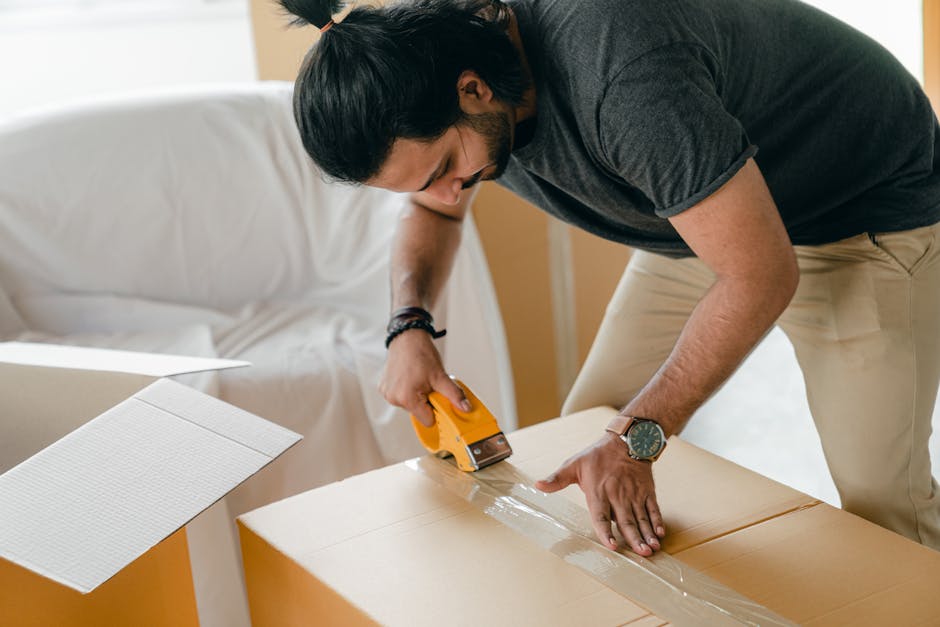Bringing a new cat home is an exciting time but it can also be stressful for both the cat and their new owner. Cats are territorial animals, so moving to a new home can be a big change for them. They may also be nervous around a new person claiming to be their owner. This is why it's important to take the necessary steps to help your new feline friend adjust to their new surroundings and become comfortable with you. With some patience, love, and understanding, your cat can quickly feel at home and become a beloved part of your family.
Allow the cat to explore at its own pace (do not force interactions or pick up the cat immediately upon arrival)

When introducing a new cat to your home, it's important to let them take things at their own pace. Do not force them to interact with you or pick them up immediately upon arrival. Allow them to explore their new surroundings and become comfortable on their own terms. This can take anywhere from a few hours to a few days, so be patient and don't rush the process. Avoid overwhelming them with too much attention or noise, and make sure they have a safe, quiet space to retreat to when needed. By giving your new cat space to adjust, you'll be creating a more positive and stress-free environment for both of you.
Provide a consistent routine for feeding, playtime, and rest (this can make the cat feel more secure and comfortable)

When bringing a new cat into your home, it's important to establish a consistent routine for feeding, playtime, and rest. This can help the cat feel more secure and comfortable in their new environment. Set up a designated feeding area and stick to a schedule for meals and treats. Make sure to provide plenty of toys and playtime each day to help the cat burn off excess energy and stay entertained. Lastly, establish a comfortable sleeping area for the cat where they can retreat when they need rest. By providing a consistent routine, you can help your new cat adjust to their new home and feel more at ease with their new owner.
Offer treats and positive reinforcement for good behavior (e.g. using the litter box or playing gently with toys)

When a cat is adjusting to a new home and owner, offering treats and positive reinforcement can be helpful in building trust and encouraging good behavior. Consider using treats specifically designed for cats as treats that are safe for humans to consume may not always be safe for felines. Whenever your cat does something positive, such as using the litter box or being gentle during playtime, give them a treat and shower them with praise. This will help your cat associate good behavior with positive outcomes. However, it is important to not use treats as a bribe or reward for bad behavior, as it could reinforce negative actions. By offering treats and positive reinforcement, you can help your new cat feel comfortable in their new home while building a bond with them.
Consider using pheromone sprays or diffusers to help the cat feel calm and relaxed

One useful tool to aid in a cat's adjustment to a new home and owner is pheromone sprays or diffusers. These products contain synthetic pheromones that mimic those naturally produced by cats to mark their territory and provide a sense of security. Pheromone sprays can be applied to bedding, furniture, and other surfaces to create a comforting environment, while diffusers can be plugged into wall outlets and emit a continuous stream of calming pheromones. Using these products can help alleviate stress and anxiety in a new cat and make them more receptive to their new surroundings and owner. It's important to note that while pheromone sprays and diffusers can be effective, they should not be used as a replacement for proper care and attention.
Keep the cat indoors until it is familiar with the new surroundings (allowing it outside too soon can be overwhelming)

It's important to keep your new cat indoors for a period of time until it becomes familiar with its new home and surroundings. Cats are territorial animals, and a new environment can be overwhelming for them. By keeping them indoors, it gives them a chance to explore and acclimate to their new surroundings without feeling overwhelmed.
Once your cat has adjusted and feels comfortable in its new environment, you can slowly start to introduce it to the outdoors. Take it out on a harness or in a carrier, so it gets a sense of the outside world but is still safe and contained.
Remember to always supervise your cat when it is outside, and provide it with a safe and secure outdoor environment. While cats love to roam and explore, they can easily get lost or injured if left unsupervised.
By taking it slow and letting your cat adjust at its own pace, you can help ensure a smooth transition into its new home and life with you as its new owner.
Avoid introducing new pets or people too quickly (give the cat time to adjust to its new owner and home before introducing any additional stimuli)

When you bring home a cat to a new environment, it's crucial to take things slow and steady. One of the things to avoid is introducing new people or pets too quickly. Although it may be exciting to show off your new furry friend to friends and family, this can overwhelm the cat and cause undue stress.
Cats are territorial animals, and they often need some alone time to adjust to their new surroundings. Make sure to give your new cat plenty of time to explore its new home before introducing any new stimuli. Once your cat has become familiar with its surroundings, you can gradually start introducing new people and pets.
Slowly increasing the cat's exposure to new people and pets will help it feel comfortable and safe in its new home. It's important to remember that every cat is different, and some cats adjust more quickly than others. Be patient and take your time, and soon your new cat will be adjusting to its new home and owner with ease.
Give the cat plenty of attention and affection (this can help it feel loved and secure in its new environment)
Giving the cat plenty of attention and affection is an important step towards helping it adjust to a new home and owner. Cats thrive on attention and love, and by providing them with plenty of it, you can help them feel loved and secure in their new environment. Start by spending some quality time with your cat every day, playing with them, petting them, and talking to them in a gentle and soothing voice. This will help build your cat's confidence and reduce their anxiety, making them feel more comfortable in their new surroundings. Don't hesitate to shower your cat with cuddles, as well. This will help to strengthen the bond between you and your new pet, and make them feel like they are a part of your family. With time and patience, your cat will start to feel more at home and become more relaxed around you.
Be patient and understanding during the adjustment period (it may take several weeks for the cat to fully acclimate)

It's important to be patient and understanding during the adjustment period when bringing a new cat home. Cats are territorial animals and it may take several weeks for them to fully acclimate to their new surroundings and get comfortable with their new owner.
During this period, it's important to give your cat plenty of space and time to explore their new home at their own pace. Don't force interactions or try to pick them up if they are not comfortable with it yet.
It's also important to maintain a consistent routine for your cat during this transition. Keep feeding times, litter box locations, and play times consistent to help your new furry friend feel secure and comfortable in their new environment.
Remember, every cat is different, and some may take longer to adjust than others. Be patient and understanding, and your new cat will eventually settle in with their new home and become a beloved member of your family.




